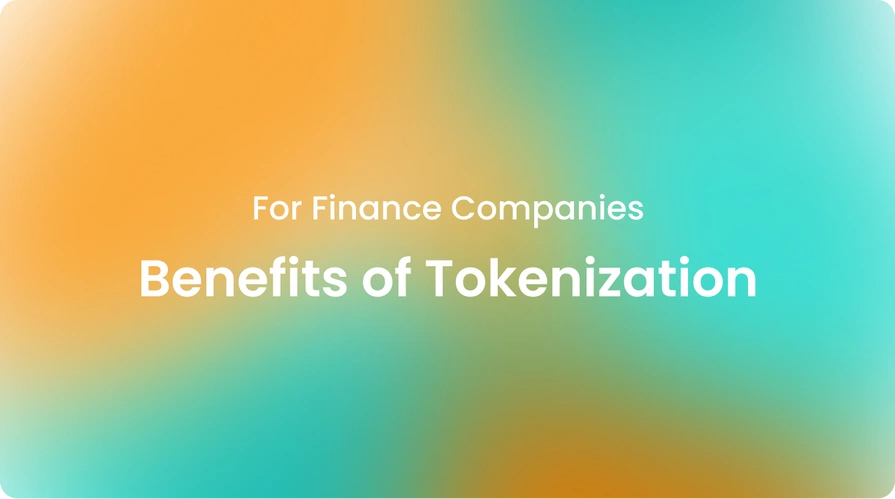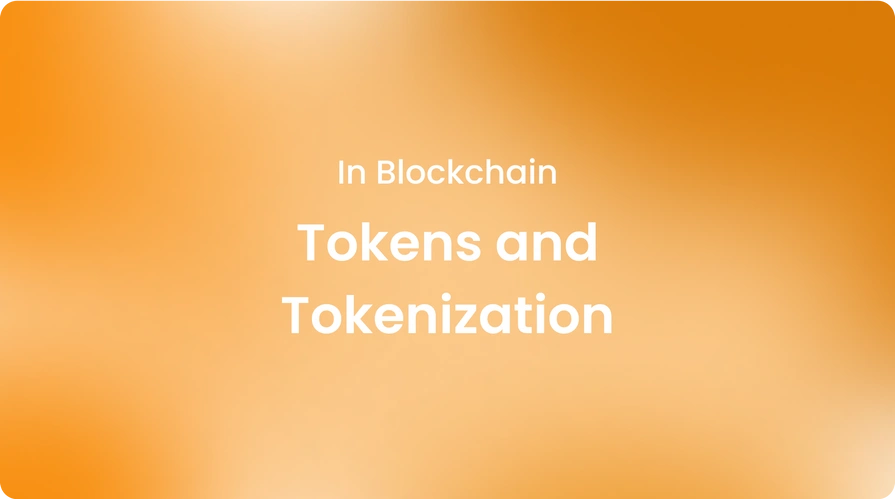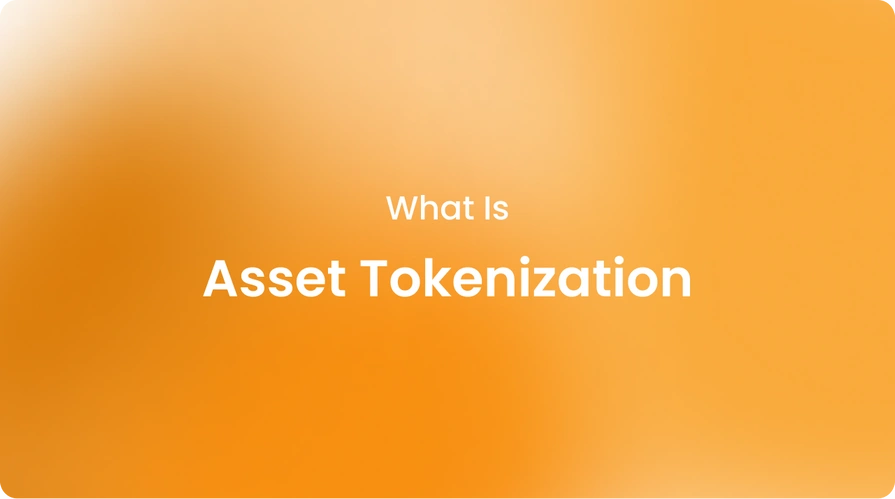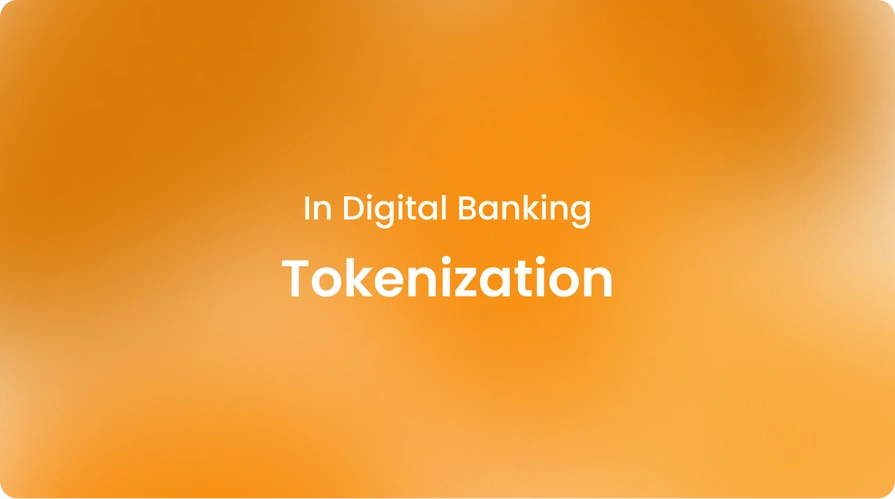|technology, knowledgehub
What Are the Benefits of Tokenization for Finance Companies?

Tokenization is the process of digitizing assets and representing their ownership using cryptographic tokens on a blockchain. While still an emerging field, it has the potential to revolutionize how value is stored and exchanged globally. So, there are many benefits of tokenization for finance companies.
It refers to representing real-world assets like debt, equity, securities, or currencies. For finance companies, this allows them to digitally access and trade all types of assets in a highly secure and transparent way.
Tokenization offers several key financial benefits, including increased liquidity, reduced transaction costs, fractional asset ownership, and programmable assets that facilitate peer-to-peer transactions without intermediaries.
Over 35% of the global population still lacks access to basic financial services. Tokenization has the potential to extend banking and capital markets to underserved communities worldwide.
Join us in this blog as we explore tokenization in finance, asset tokenization, the difference between tokenized assets and digital assets, the main advantages and disadvantages, and the future of finance with tokenization. Let's explore some key aspects of asset tokenization in finance!
What is asset tokenization in finance?
Asset tokenization, as the name suggests, is the process of converting real-world assets into digital assets on blockchain. This process enables the representation and transaction of previously illiquid assets as tokens based on blockchain.
Finance is tokenizing a wide range of asset classes, including debt, equity, real estate, natural resources, and art collections. Digitizing real estate through tokenization, for example, opens up the multi-trillion-dollar global property market to fractional investment.
Similarly, tokenizing agricultural commodities or supply chains opens up new opportunities for smaller investors and improves business financing options.
If you want to learn more about tokens and tokenization, make sure to check out “Real Estate Tokenization," "NFT," “Security Tokens," and “Utility Tokens." For more information about blockchain and the Web3 world, check out CBQ blogs and case studies!
What is the importance of asset tokenization in finance?
Asset tokenization has the potential to massively transform the financial landscape by unlocking trillions of dollars worth of assets and making them available to a much wider pool of investors through blockchain technology.
Here are a few key reasons why asset tokenization is so important:
Fractional ownership
By dividing assets into extremely small fractions, even investors with low balances can easily participate. This dramatically widens access.
Liquidity
Once tokenized, previously illiquid assets like real estate or artwork become as liquid as normal securities because they trade instantly on exchanges.
Lower fees
Blockchain infrastructure is far more efficient than traditional systems, passing on much lower costs to investors.
Inclusiveness
Tokenization opens up investments in things like commercial property or art previously reserved for wealthier individuals due to the high minimum entry requirements.
Transparency
Compared to off-chain asset classes like limited partnerships or private equity, the on-chain recording of all transactions increases transparency.
As the financial world continues its transition to decentralized systems, asset tokenization will play a leading role by unlocking trillions in new capital and transforming how people invest. We cannot overstate its potential impact on democratizing access to wealth-generation opportunities.
To further explore the role of tokenization in finance, make sure to check out “Tokenization in Digital Banking," “Tokenized Payment," “Cryptocurrency Tokenization," and “How to Invest in Tokenization?”!
What is the difference between a tokenized asset and a digital asset?
While often used interchangeably, there is an important distinction between tokenized assets and digital assets:
- Tokenized assets, securitized on a blockchain through tokenization, represent real-world, off-chain assets like real estate, art, precious metals, etc. Each token equates to a fixed unit or share of the underlying, off-chain asset.
- Digital assets are assets that exist and have value solely on a blockchain, such as cryptocurrencies, non-fungible tokens, blockchain-based reward points, or virtual worlds. They have no tangible off-chain representation or backing.
- Tokenized assets represent claims on an external, real-world item on the chain through tokens.
- Without an external linkage, on-chain activity completely determines the value of digital assets, which are network-native blockchain items.
Both tokenized assets and digital assets have valid, growing use cases. Tokenized assets, on the other hand, connect the traditional financial world of real assets to blockchain technology, opening up huge new verticals for digitization and capital formation.
What are the advantages and disadvantages of tokenization?
Like any emerging technology, tokenization carries both benefits and considerations to weigh.
Advantages
- Fractional, global trading of assets
- Near-instant settlement of transactions
- 24/7 market accessibility
- Full ownership and historical transparency
- Programmable assets via smart contracts
- Vastly reduced transaction costs
Disadvantages
- The tech learning curve for new users
- Requires internet connectivity
- Regulatory ambiguity in some jurisdictions
- Potential for errors in smart contract code
- Irreversibility of transactions by design
- Still maturing technology with kinks to resolve
On the whole, most experts agree that the pros vastly outweigh the cons and that tokenization marks the future of finance. As blockchain applications mature through continued innovation and adoption, many of the current limitations will shrink over time.
Why is tokenization the future of finance?
We are still in the early days of tokenization, but all signs point to it dramatically reshaping how people and organizations handle financial services, investments, and transactions in the coming years. Here are some key reasons why tokenization represents the future:
- Tokenization opens the doors for trillions in new capital by unleashing previously illiquid assets onto regulated exchanges.
- Its near-instant and 24/7 settlement of cross-border payments will appeal more to younger generations native to digital finance.
- The cost savings and operational efficiencies make tokenized systems far more competitive against legacy institutions.
- Demand continues to grow exponentially for highly liquid, fractional exposure to alternative markets that are now widely accessible.
- Regulations are catching up, with progressive jurisdictions welcoming innovation to foster economic development.
- Mainstream interest rises as tokenization projects successfully deploy across real estate, capital markets, and other sectors.
Tokenization stands poised to take over areas like securities trading, payments, banking, lending, and more by ushering in an internet-native model of finance that's censorship-resistant, global, and far cheaper to use than existing options.
Over time, network effects will drive it to become the dominant framework. As a result, the future of tokenization and finance appears promising.
The bottom line
By leveraging the powerful properties of blockchain technology, tokenization has the power to massively remake the face of finance. It promises to liberate assets from siloed systems by opening them up to a 24/7 global marketplace.
Tokenization creates unprecedented investment opportunities while slashing costs and increasing transparency. Cryptobunq is at the forefront of harnessing tokenization's potential.
Cryptobunq is a one-stop-shop crypto service provider that offers a wide range of services, including tokenization solutions. You can also benefit from other services with CBQ, such as the crypto exchange API, crypto checkout and invoicing, batch crypto payments, and more.
Crypto service provider platforms, such as CBQ, are connecting traditional financial rails to blockchain infrastructure, ushering in exciting new frontiers for value transfer and capital formation with secure and expert blockchain solutions.
As both blockchain and tokenization continue to advance, it seems clear that within the next 5–10 years, most financial transactions will involve some form of tokenized asset, whether currencies, securities, real estate, or more.
Tokenization paves the way for a fairer and more inclusive model of finance that removes barriers to unlocking the world's true economic potential. If you want to take advantage of the benefits of tokenization and adapt to the future, CBQ is here for you. Contact us today and start to explore!













